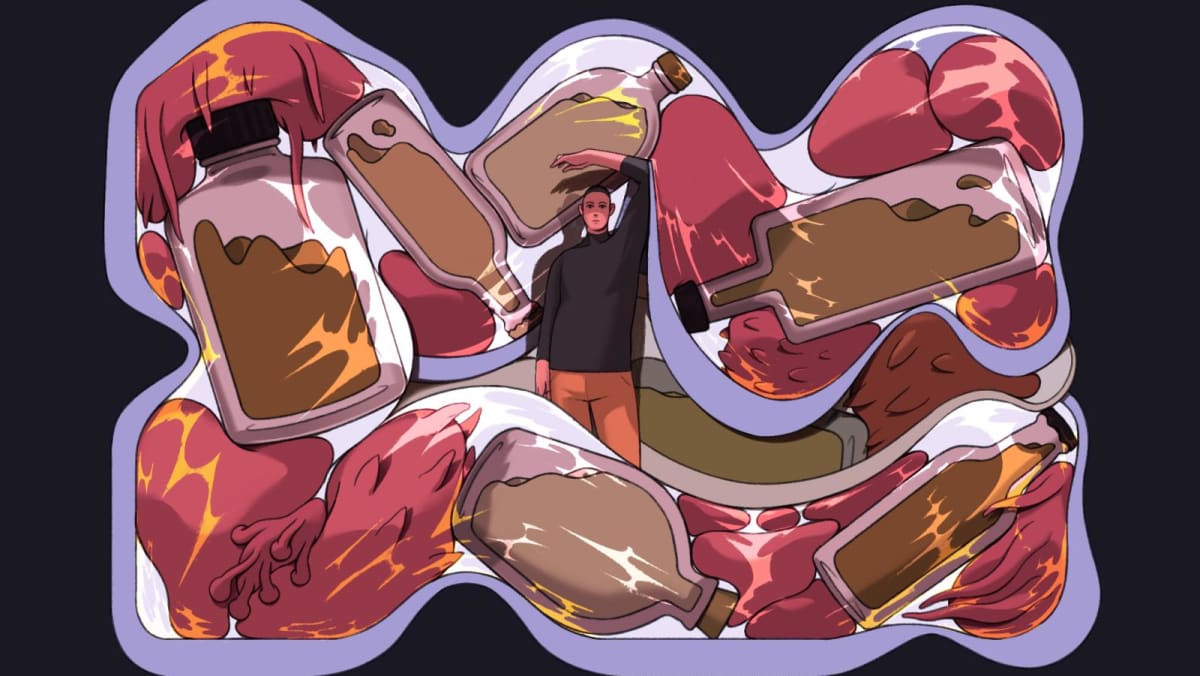HOW DOES HEAVY DRINKING AFFECT YOUR MICROBIOME?
Most of the available research on alcohol and the microbiome has focused on people who drink regularly and heavily, said Dr Cynthia Hsu, a gastroenterologist at the University of California, San Diego.
A handful of studies, for instance, have found that people with alcohol use disorder (the inability to control or stop problematic drinking) often have an imbalance of “good” and “bad” bacteria in their guts. This is called dysbiosis, and it is generally associated with greater inflammation and disease compared with having a healthier microbiome, Dr Hsu said.
Heavy drinkers with dysbiosis can also have “leakier,” or more permeable, intestinal linings, Dr Leggio said. A healthy gut lining acts as a barrier between the interior of the intestine – full of microbes, food and potentially harmful toxins – and the rest of the body, he said.
When the gut lining breaks down, bacteria and toxins can escape into the bloodstream and flow to the liver, Dr Hsu added, where they can cause liver inflammation and damage.
Preliminary research suggests that an unhealthy gut might even contribute to alcohol cravings, said Dr Jasmohan Bajaj, a hepatologist at Virginia Commonwealth University and the Richmond VA Medical Center.
In a 2023 study, for example, researchers looked at the microbiomes of 71 people ages 18 to 25 who did not have alcohol use disorder. Those who reported more frequent binge drinking (defined as four or more drinks within about two hours for women, or five or more drinks for men) had microbiome changes that correlated with greater alcohol cravings. That study also added to previous research that found that binge drinking was associated with greater blood markers of inflammation.
None of these studies have proven that alcohol causes dysbiosis in humans, however. The link is clearer in animal studies, but in human studies, it’s harder for researchers to control for factors like diet and other health conditions.

